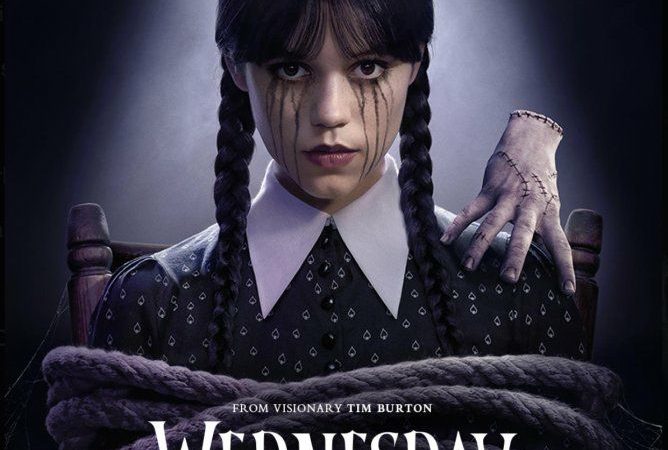Crime Revealed in Small Things Like These (2024): The Tragedy of Silence
The Things The film Small Things Like These (2024) by director Tim Mielants is not only a powerful story about the hidden crimes inside the Keegan the harpoon director Tim Mielants is not only a story about the inner struggle of a good man, but also a powerful advice about the crimes hidden under the cover of hypocrisy. Based on the short novel of the same name by Claire Keegan, the film is taken to return to Ireland in the 1980s, when the Magdalen labor camps still existed.
Magdalen Labor Camp: The Crime of Cleansing the Church
Magdalen Labor Camp —At the heart of the film is the horrifying truth about the Magdalen Labor Camps, where women—code-named “re-education camps” or “homes”—facilities run by the Church where women and children were forced to do forced labor for years. These places were disguised as “re-education camps” or “charitable homes” for “fallen” women, but were in fact hell on earth.
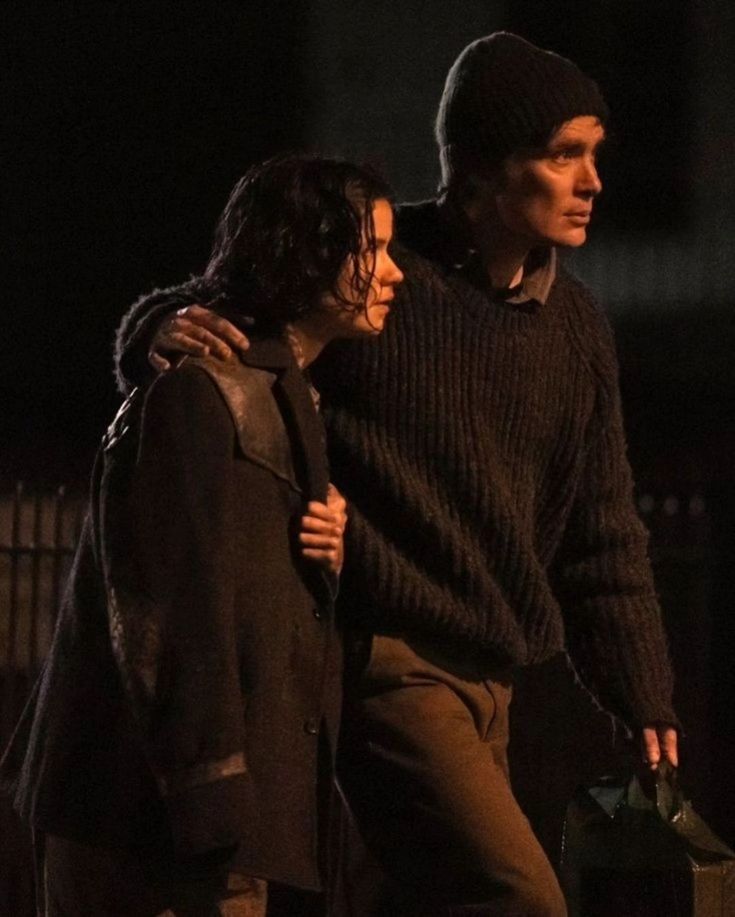
Young women, sometimes just teenage girls who had unwanted pregnancies or were considered “damaged,” were deprived of their freedom, forced to work without pay, and guaranteed both physical and mental abuse. They were abandoned by society, despised by their families, and forced to live in lifelong pain and humiliation.
Crimes covered by the silence of the community
One of the greatest tragedies that can appear in the film is the indifference of the community, people have chosen to narrow the camera to avoid confusion. Fear of the power of the Church and fear of losing peace and quiet in the face of injustice. Despite knowing about the existence of the labor camps, many people have chosen to narrow the camera to avoid confusion. Fear of the power of the Church and fear of losing peace and quiet in the face of injustice.
The character Bill Furlong (played by Cillian Murphy) symbolizes the voice of conscience in that context. When he discovers the truth in the monastery, he faces the pain of advertising the truth or keeping silent to protect himself and his family.
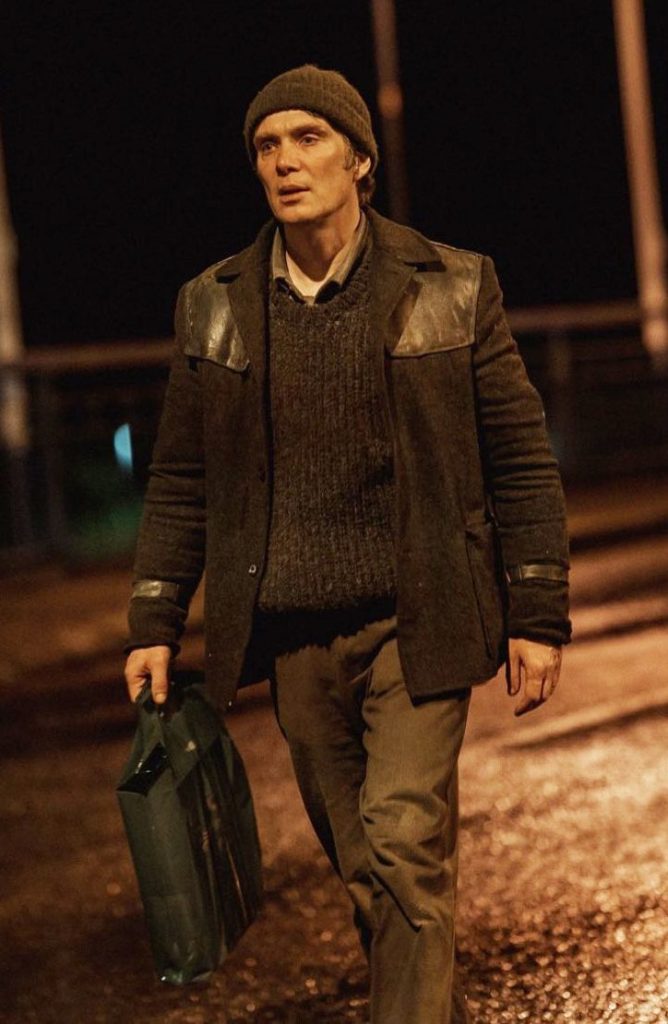
Forgotten Victims: A Life Taken Away
The film depicts the tragic fate of young women held in convents, where they were worked to exhaustion by the military, separated from their families, and subjected to mental torture. Children born there were often given up for adoption or stripped of their identities.
In a pivotal scene, Furlong witnesses a young girl abandoned in a cold storage room, a stark image of inhumanity. That symbolic warning raises big questions about morality and personal responsibility: Can we do something about injustice when it happens right before our eyes?
Crime in the Name of Good
The Magdalen labor camps were run by nuns who spoke of guilt and compassion, but in reality torture could both validate and mentally torture those they deemed “sinful.” This is one of the story’s greatest paradoxes: crime in the name of morality.
The perfection of the Church and the use of religious beliefs to justify oppression have created generations of women who have lived in shame, abandoned by society and never found justice.
A warning from history
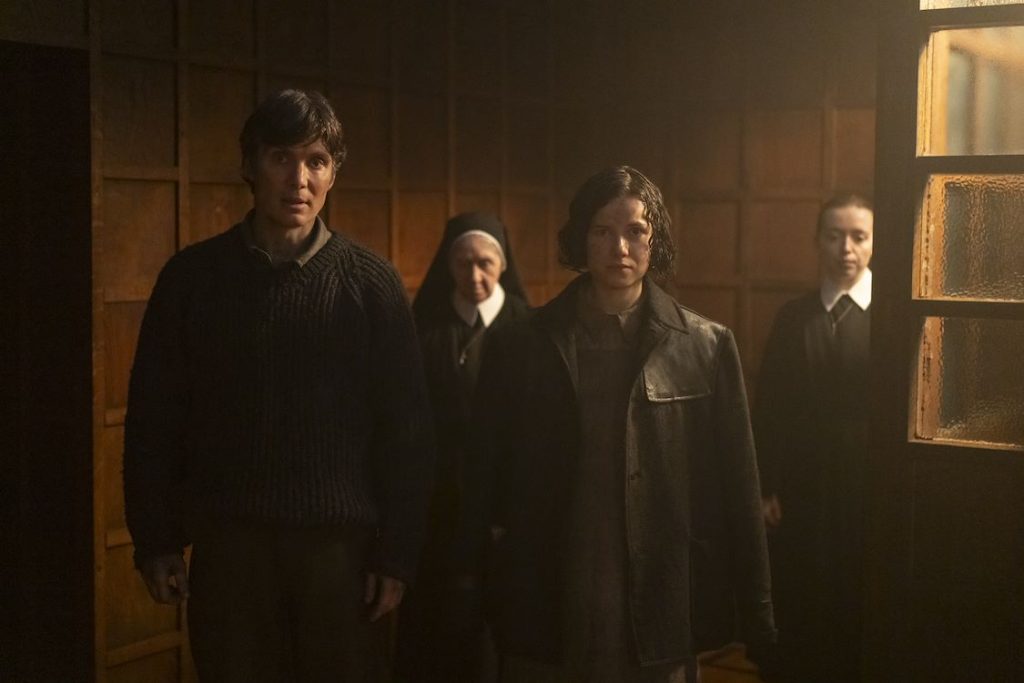
The film not only reflects Ireland’s dark past but also warns of the times of society. When injustice is covered by the name of morality and blind obedience, the victims are always the weak ones.
In a modern context, Little Things Like This reminds us to speak up for what is right, even if it may hurt ourselves. The film asks the question: Are we capable of doing the right thing in the face of injustice?
The Legacy of the Forgotten Victims
At the end of the film, when Furlong decides to confront the truth, he not only reclaims his own mind but also sheds light on the memories of those forgotten by society. His actions are a wake-up call, affirming that sometimes small things—like kindness and compassion—can also bring out the darkest corners of society.
The “Tuam babies” scandal refers to the controversial discovery of hundreds of unmarked graves on the grounds of a former mother and baby home in Tuam, County Galway, Ireland. The home, run by nuns from 1925 to 1961.
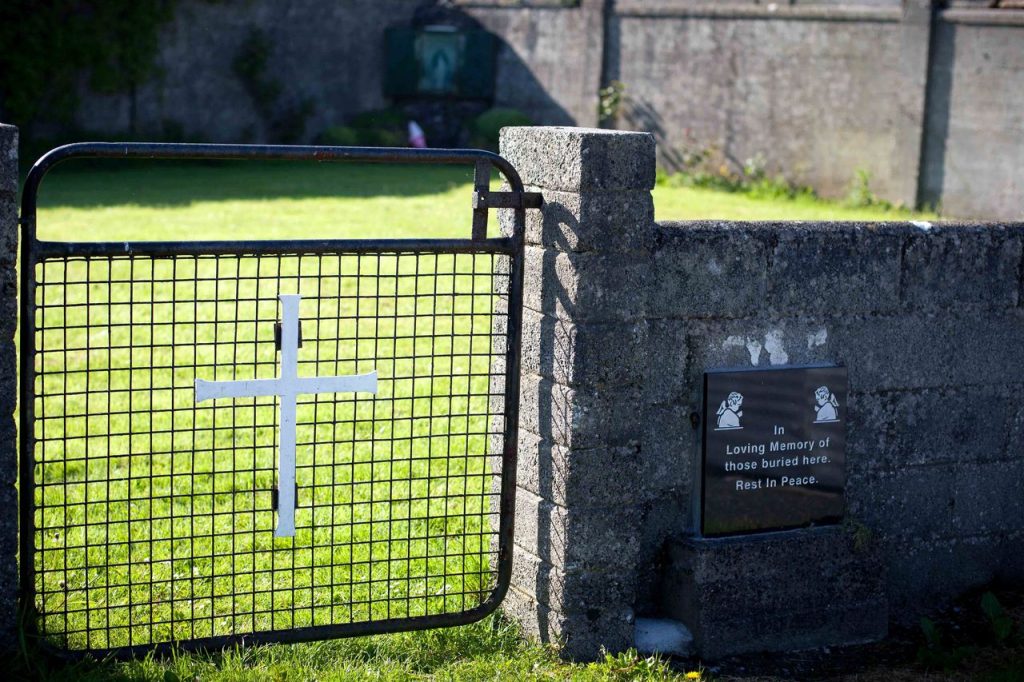
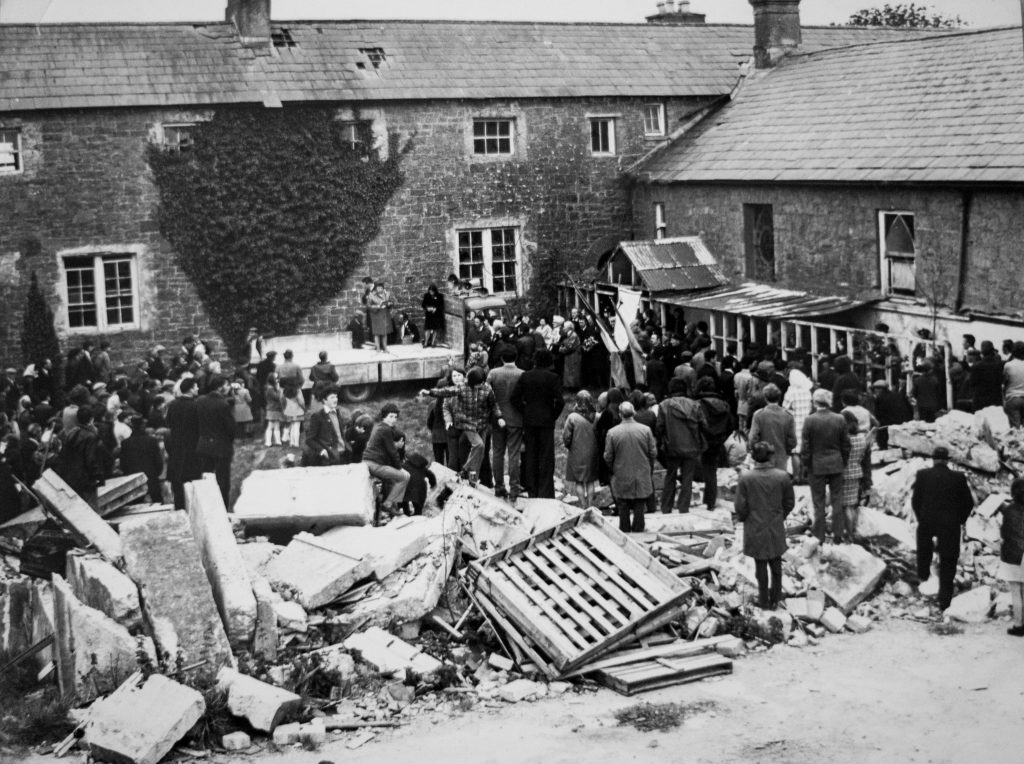
Saw the deaths of many infants, with records suggesting 796 deaths, but no corresponding burial sites. This discovery led to a commission of investigation into mother and baby homes, revealing high mortality rates, poor conditions, and questionable burial practices.
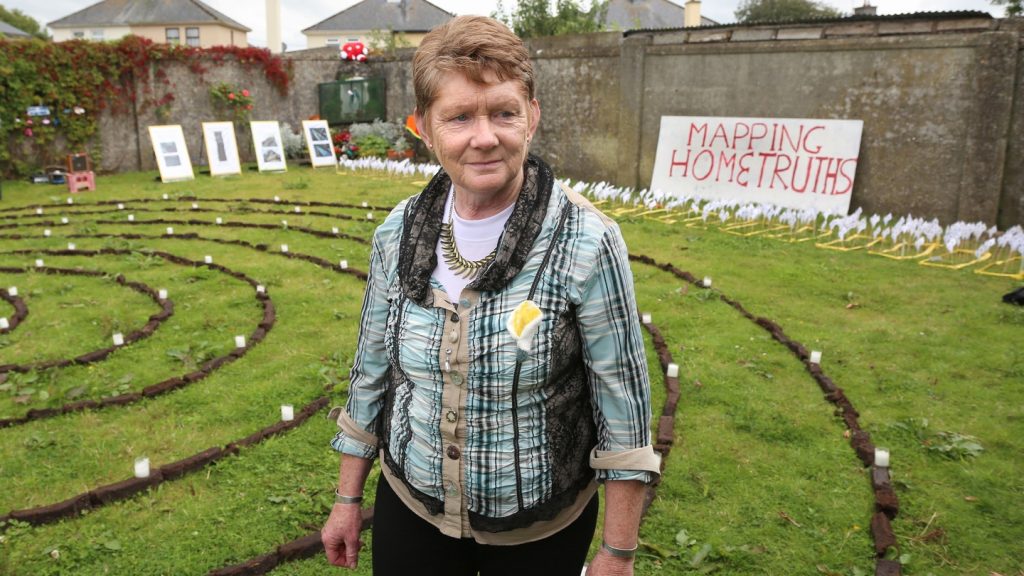
Humanitarian Message
Small Things Like This is not only a film about Ireland’s painful past, but also a profound lesson in personal responsibility and social morality. The greatest evil lies not only in the risks posed, but also in the people who chose to do them in the first place.

